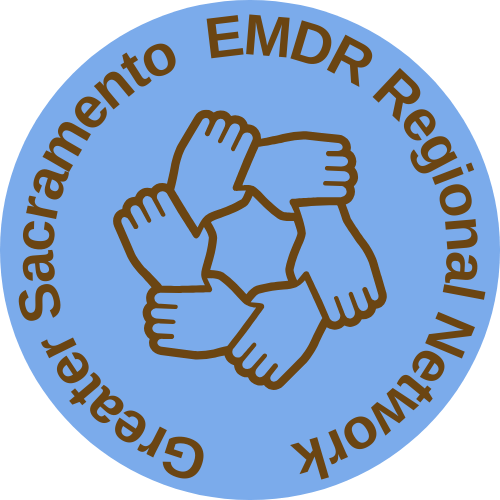AGENDA:
9-9:30 Check in
9:30-11:00 am PLENARY: Rachel Walker
11:00 -11:45 am BREAK /Lunch
11:45-12:00 Assignment and direction for BREAKOUTS.
12:00-1:00 pm BREAKOUTS
1:00-1:30 pm Wrap up and closure
Plenary Session
Conscious Integration:
The Trauma Therapist’s Role in Shaping the Future of Humanity
Rachel Walker, LMFT
Trauma-informed therapy is an exciting specialty to be involved in right now - bright, alive, and rapidly evolving. This growth is driven by a movement toward integration of vast areas of human knowledge, experience, and expertise including: neurobiology, psychobiology, attachment, epigenetics, chemistry, quantum physics, Indigenous and ancestral knowledge, eco-studies, and theories of mind, learning, and consciousness.
What we are discovering is that no one model, lens, or person is going to lead us home. Instead, the answers lie in our ability to operate as a collective and collaborate. Join Rachel in exploring this hopeful moment in the evolution of trauma treatment by stepping into the field, listening to one another, and experiencing the capacity of our group mind to lead us forward into something greater than the sum of our parts
Rachel will paint an integrative picture of trauma and trauma treatment by linking together desperate pieces of information from multiple disciplines and sources. Along the way, she hopes to inspire you to join the movement, live a more integrated life yourself, and celebrate the capacity of human beings to transform through internal and external collaboration!
Lunch:
Order lunch when you register ($12) or bring your own. There is a refrigerator on site.
Breakout Sessions
#1 More than Just a Tool: the Comprehensive Resource Model as a Conceptualization of the Psyche
We’ve all got parts of self. We have a part that’s a therapist, a part that drives the car, a part that is a son/daughter/child, the part that is a romantic partner, the part that is a friend, the part that is a parent.
Join Alison Papion, LMFT/CCRMP in a discussion and live demonstration about the use of Comprehensive Resource Model as a way to approach your clients with the goal of getting these parts of self to work together.
#2 Two Fascinating Videos On the Neurological Impact of Trauma
In the early 1900s Wilder Penfield, MD discovered that mild stimulation of the brain can elicit complete memories, including sight, sound, and emotion of specific early events. Recently Dr. Greg Dunn (artist and neuroscientist) and Dr. Brian Edwards (artist and applied physicist) created Self-Reflection, a stunningly beautiful rendition of the neuro-architecture of the brain. Join Dean Dickerson, PhD in a discussion of both videos and their implication for the treatment of trauma.
#3 GOT PARTS? Discovering Dissociation In Children & Teens
In today's world children and adolescents are dealing with layers of trauma. Consequently, more children/teens are dissociating as a way to cope. In this breakout, Kim Johnson, LCSW will discuss:
assessment tools for diagnosing dissociation with youth,
how to assist parents/caregivers to understand and deal with dissociation in their child and
treatment interventions for dissociation in kids/teens.
She will present case examples and practical handouts will be provided, so your confidence in treating this population will be enhanced. Teens and Dissociation
#4 “Getting First Things First – An EMDR Briefer on Working with Emergency Personnel” (Firefighters, Law Enforcement & Paramedics)
Kate Pieper, LMFT, CCISM will discuss:
The importance of being Culturally Competent with First Responders
History taking with First Responders
Recognizing & Treating Compassion Fatigue
The importance of getting your clients back on the road again
Location:
Sacramento County DSA Hall
640 Bercut Drive
Sacramento, CA 95811
The Greater Sacramento EMDR Network is excited to present the 1st Annual Symposium on Trauma. This annual event will be in person in downtown Sacramento and is open to all therapist in our community.
PLEASE JOIN US
INVITE YOUR COLLEAGUES
LETS BUILD THIS COMMUNITY!





